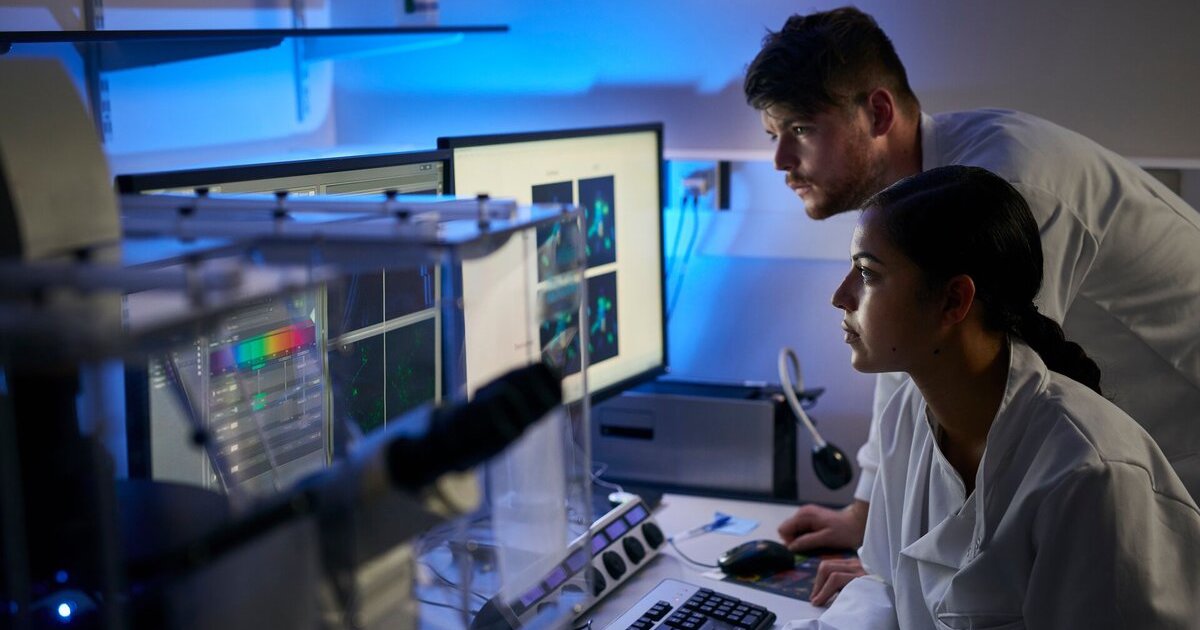Genomics research projects in Australia secure $9M funding and more briefs
28 Mar 2024

Preview
Source: mobihealthnews
photo: Matt Lincoln
Funding worth A$6.5 million ($4 million) has been awarded to four genomics-focused research projects led by researchers from the University of Melbourne.
These include a project that will establish a patient dataset of inherited retinal diseases; a rapid multi-omic liquid biopsy blood test using whole genome sequencing; research using next-generation sequencing to develop new solutions to endometrial-related health problems, such as abnormal menstrual bleeding, infertility and pregnancy disorders; and a study using genomic testing and predictive disease modelling for prostate cancer diagnosis and treatment.
Backed by The Advanced Genomics Collaboration (TAGC), these projects will have access to DNA sequencing technology by Illumina at the TAGC genomics hub.
Another genomics-related research has received A$8 million ($5 million) in funding from the Snow Medical Research Foundation.
Led by University of Queensland researchers, the project seeks to use genomics to enable doctors to accurately predict a patient's risk of developing chronic diseases decades before the onset of any symptoms. The study will analyse DNA sequences from millions of participants, focusing on people with diverse ancestries.
Researchers from Monash University have created an AI software that can complete an MRI scan 10 times faster than typical MRI scanners, which take up to 60 minutes to process images.
Called McSTRA, the software uses deep learning to enhance MRI image quality simultaneously.
"When tested on abnormalities in the knee, our research showed that McSTRA could complete scans 10 times faster, and produced clearer, more clinically accurate diagnostic imaging compared to the latest technology," shared Mevan Ekanayake, lead researcher and a PhD candidate from the university's Department of Electrical and Computer Systems Engineering.
Each year, over 30 million Australians access diagnostic services. Given the high volume of demand, some of them are forced to wait weeks to secure appointments, causing significant delays in receiving diagnoses.
"Speeding up scan times at this rate could eliminate patient wait times and has the potential to save lives by enabling more timely and accurate diagnoses and treatment monitoring. Our method could also reduce diagnostic risks in MRI and cut costs to the healthcare system," Ekanayake claimed.
Tags: University of Melbourne, Illumina, University of Queensland, Monash University, genomics, AI
For more details,please visit the original website
The content of the article does not represent any opinions of Synapse and its affiliated companies. If there is any copyright infringement or error, please contact us, and we will deal with it within 24 hours.
Organizations
Indications
Targets
-Drugs
-Hot reports
Get started for free today!
Accelerate Strategic R&D decision making with Synapse, PatSnap’s AI-powered Connected Innovation Intelligence Platform Built for Life Sciences Professionals.
Start your data trial now!
Synapse data is also accessible to external entities via APIs or data packages. Leverages most recent intelligence information, enabling fullest potential.





